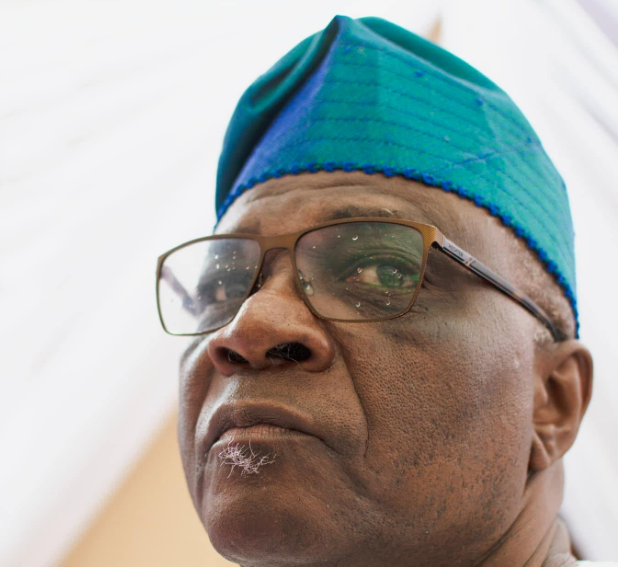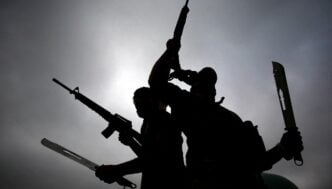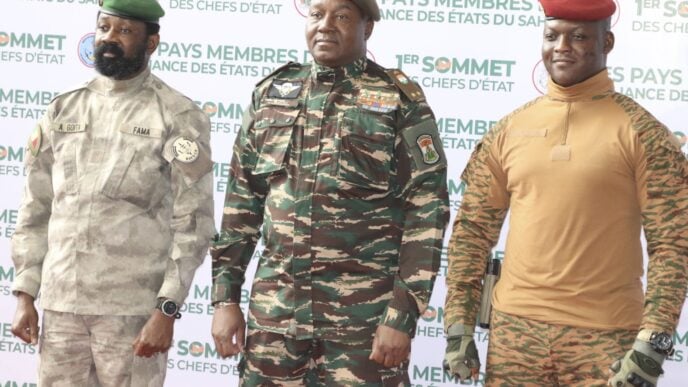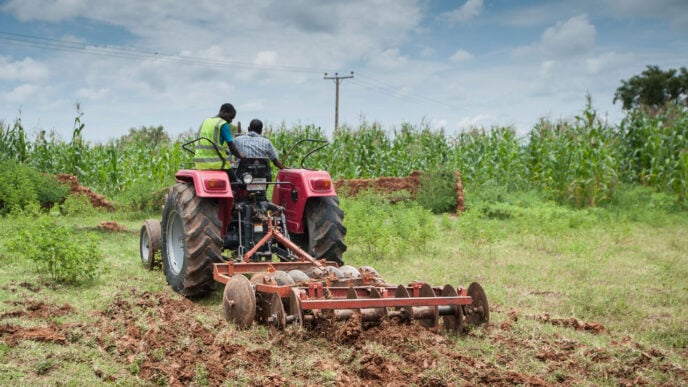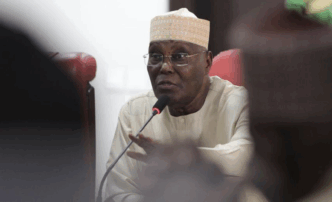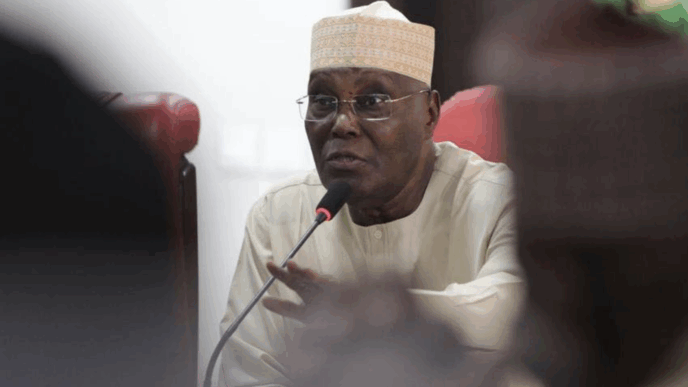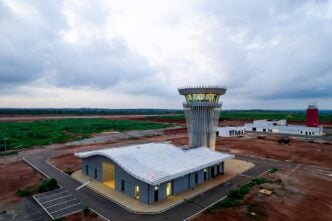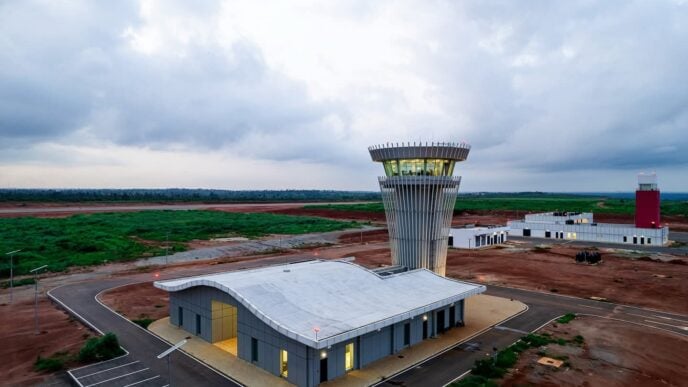BY NNAA KALU NTO
A few days ago, Nigerians were jolted by the tragic story of Somtochukwu “Sommie” Maduagwu, the ARISE TV presenter, lawyer, and model, who died alongside her security guard after being attacked by robbers in Abuja. Both were rushed to several hospitals but were reportedly turned away because they couldn’t immediately provide deposits or BVNs. By the time help came, it was too late.
This is not an isolated tragedy. Across Nigeria, hospitals routinely turn emergency victims into accountants, demanding paperwork, deposits, and police reports while life slowly ebbs away. What kills people in these moments isn’t always bullets or accidents; it’s bureaucracy.
I still remember an incident from 2010 as if it happened yesterday. A friend of mine was on her way to visit me when she fell victim to one-chance criminals. They robbed her and then heartlessly pushed her out of a moving vehicle. Dazed and bruised, she somehow managed to cling to her phone and call me immediately.
Advertisement
I raced to the spot, found her shaken and bleeding, and rushed her to the nearest government hospital. What happened next left me stunned. The nurse at the emergency ward, after asking whether we had reported the attack to the police, calmly said he would only treat her if we promised not to involve the police.
I thought it was a strange and insensitive demand, but in that moment, my only concern was her survival. So, desperate and frightened, we agreed just to ensure she got the medical attention she needed. It was my first personal encounter with a system where saving a life often depends on appeasing fear and bureaucracy instead of compassion and duty.
The irony is painful. Our laws are unambiguous. Section 20 of the National Health Act (2014) clearly states that no health worker or establishment shall refuse a person emergency treatment for any reason. The Compulsory Treatment and Care for Victims of Gunshots Act also mandates that hospitals treat gunshot victims immediately, without prior police clearance. Yet, the law is more respected on paper than in practice.
Advertisement
So why does this keep happening?
The blunt truth is that most hospitals, especially private ones, operate in survival mode. Nigeria’s broken healthcare financing system depends heavily on out-of-pocket payments. Many hospitals fear going bankrupt if they treat patients who cannot pay. Others are more worried about police entanglement than patient survival. But while their fears may be real, their moral compass is broken. No life should be lost over a receipt.
We must fix this, not with more empty laws, but with pragmatic action.
First, enforce the laws we already have. The Federal Ministry of Health and the Attorney General’s Office should create a Rapid Response Unit on Medical Negligence to investigate every verified case of treatment refusal within 48 hours. Their findings should be public. Hospitals found guilty must face suspension, heavy fines, or license withdrawal. When the first two or three big names are sanctioned, the rest will fall in line.
Advertisement
Second, create an Emergency Medical Trust Fund, a small but fast-paying pool that reimburses hospitals that treat indigent emergency victims. This way, hospitals can save lives first and sort the money later. We already have similar models for microcredit and disaster relief; saving lives deserves at least that same urgency.
Third, improve the welfare of doctors and nurses, especially in government hospitals. No one can give their best in a collapsing system. Our medical personnel are overworked, underpaid, and emotionally drained. Paying owed allowances, improving facilities, and instituting performance-based incentives will not just keep doctors from leaving the country; it will make those who remain more humane, more responsive, and more motivated to save lives.
Finally, make it easier to report negligence. A simple nationwide hotline and WhatsApp platform where patients or families can lodge complaints, with automatic acknowledgement and public tracking, would revolutionise accountability. No grieving family should have to beg journalists or lawyers to get justice.
Sommie’s death should not just trend; it should transform how we treat emergencies. She had a name and a platform; many others die quietly every week because they lack both.
Advertisement
Nigeria must make it cheaper and far less complicated to save a life than to lose one while counting cash and shuffling papers. Our hospitals have become tangled in bureaucratic bottlenecks: endless forms, BVN verifications, deposit demands, and needless police clearances that delay the very essence of care. These hurdles have turned emergencies into slow funerals.
Our people say, “When the right hand washes the left, both become clean.” In the same spirit, when compassion works hand in hand with efficiency, both the system and the people it serves will thrive. Until Nigeria learns this simple wisdom, that saving a life must come before saving a ledger, our hospitals will continue to bury victims of bureaucracy, not just of illness or injury.
Advertisement
Nnaa Kalu Nto is the founder of Analytix and is based in Abuja. He writes on governance, public policy, and social justice.
Advertisement
Views expressed by contributors are strictly personal and not of TheCable.

